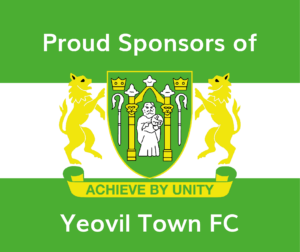In the digital age, are CV’s still needed?
Yes, in fact they’re more important than ever!
A lot of pressure is put on candidates to write the “perfect CV”, but what makes a CV stand out from the crowd?
CV’s are like windows into your career, your personality and professionality. They are an accurate summary of you, as a working person. They are not the be all and end all of a job application, but they become a central part of an employer’s reference throughout the vetting and interview process.
Contrary to a lot of advice, there is no perfect CV. There is only the perfect CV for you.
There is contrary advice about the length and style of a CV, how much work history you should put on, and how much person information or hobbies should be included. The golden rule, however, is prepare.
Our consultancy has been built on reflecting the most relevant qualities in a candidate, but never at the loss of their character, their drive and their plans – the reason we say prepare is because that’s what we do.
So, what should you put in a CV?
We prepare every CV to make sure the right skills you have are highlighted BUT we build on it by representing your drive, your relevance to the role and your character. Getting the basics right is what we do, and we advise all our candidates to make sure their CV’s are prepped for each client.
Put everything down but find the middle ground – don’t compromise on detail but don’t make it 5 pages long – 2/3 pages is plenty.
In terms of content, a good introduction highlighting your current position, and your career goals and achievements is a great way to hold yourself to a high standard.
This should be followed by a career breakdown, from most recent to oldest – if you can, be detailed regarding the up to the last 10 years of your career, and for anyone asking if every job should be included – yes! Even if you’re moving into a different industry, there are always skills you can transfer between jobs, and you should always represent fairly your career history, your achievements and what drove you to move from one job to the next.
You should follow your career section with a break down of your formal qualifications, followed by a section highlighting any education qualifications. We always suggest concluding your CV by highlighting any hobbies you have, any volunteering or extra activities you do, so an employer can get a sense of who you are as a person outside of work.
After that? Double check the spelling!
It can’t be ignored that some employers will say they only want certain information on your CV, or will want you to fill out their own application form or pack – be prepared to adapt the information you show, and make sure you’ve triple checked the spelling!

